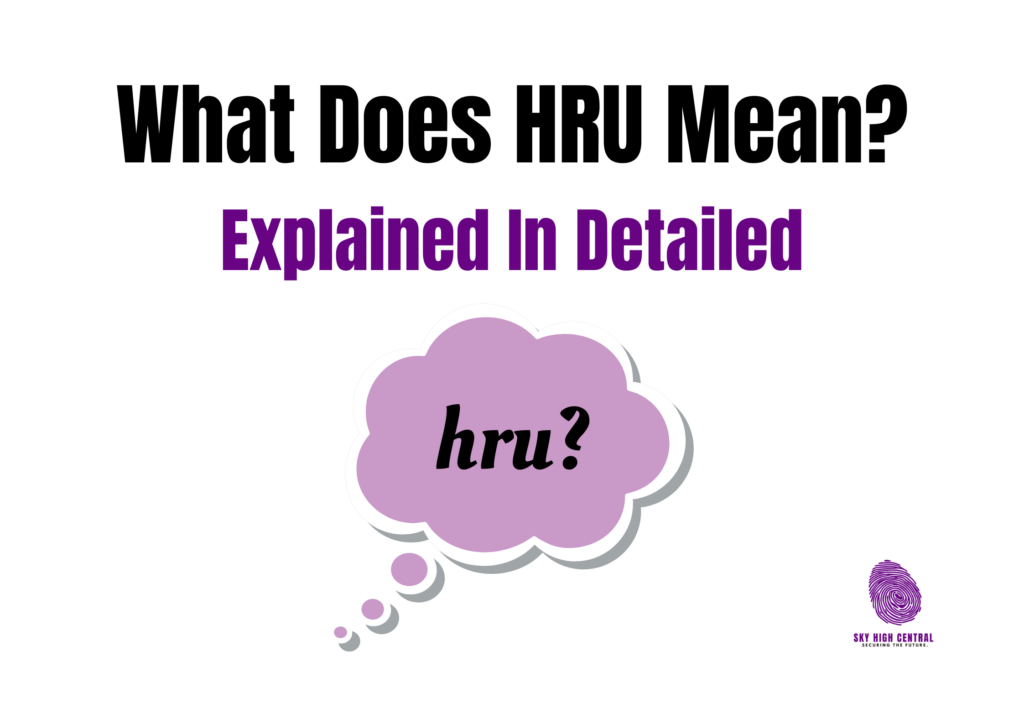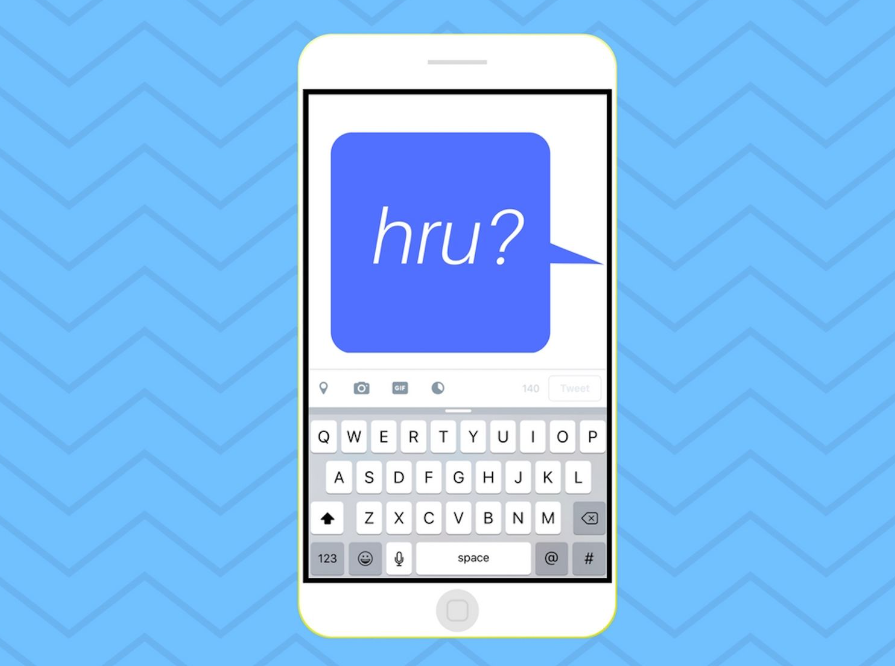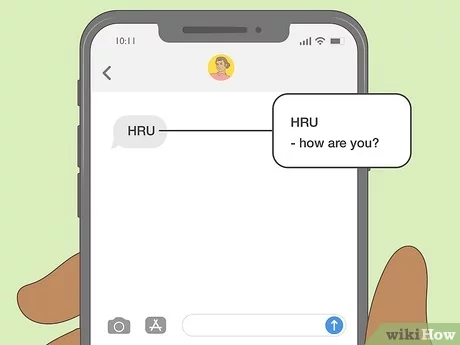In digital communication, abbreviations have become a staple, helping us to convey messages quickly and efficiently. One such abbreviation that you might have encountered is HRU and wondered, What Does HRU Mean?

While it may seem straightforward to some, not everyone knows what it stands for or how it’s used. This report dives into the meaning of “HRU,” its origins, and the best ways to use it in conversations.
What Does HRU Mean? Explained In Detailed
Abbreviations like “HRU” are more than just time-savers; they reflect the fast-paced nature of modern communication. As people increasingly rely on digital platforms to stay connected, the demand for quick, efficient exchanges has grown.
Abbreviations help streamline conversations, allowing users to convey their messages without requiring lengthy typing. This efficiency is particularly valuable in our multitasking world, where conversations often happen alongside other activities, making speed and brevity essential.
What Is “HRU”?
“HRU” stands for “How Are You?” It’s a common abbreviation used primarily in text messaging, social media, and online chats. “How are you?” is often one of the first things people ask when starting a conversation, and “HRU” serves as a quicker way to express the same sentiment. It’s casual, informal, and typically used in friendly exchanges.

“HRU” is particularly prevalent among younger generations, who often favor speed and convenience in digital communications. Reducing a common phrase to just three letters, “HRU,” allows for faster typing and quicker responses.
Origins and Evolution of “HRU”
The abbreviation “HRU” likely emerged alongside the rise of SMS texting in the late 1990s and early 2000s. During this period, mobile phones had character limits for text messages, and users began to develop creative ways to say more with fewer characters. “HRU” is one of many abbreviations that gained popularity during this time, alongside others like “LOL” (laugh out loud) and “BRB” (be right back).
As technology has evolved, so too has the way we communicate. Today, “HRU” is commonly used in text messages and instant messaging apps like WhatsApp, social media platforms like Twitter and Instagram, and even email communications, though it remains more informal.
When and How to Use “HRU”?
“HRU” is best used in casual conversations with friends, family, or acquaintances. It’s inappropriate for formal situations, such as professional emails or official communications. When chatting with someone you’re comfortable with, “HRU” can be a quick way to check in on how they’re doing without needing a lengthy introduction.
For example, you might use “HRU” at the start of a conversation to see how someone is feeling:
– “Hey, HRU? Haven’t heard from you in a while!”
– “Morning! HRU today?”
It’s important to note that while “HRU” is widely understood, it may still come across as too informal for some, particularly in more serious or professional settings. When in doubt, it’s always safe to use the full phrase “How are you?”

Variations and Similar Abbreviations
In addition to “HRU,” people might use other abbreviations and variations to ask how someone is doing. Some of these include:
– “HBY” – How About You?
– “HAY” – How Are You?
– “WYD” – What You Doing?
– “SUP” – What’s Up?
These abbreviations serve similar purposes and are often used interchangeably with “HRU,” depending on the context of the conversation.
FAQs | What Does HRU Mean?
Is “HRU” considered polite?
“HRU” is generally seen as polite in casual conversations among friends or acquaintances. However, it’s informal and may not be suitable for more formal interactions or with people you don’t know well.
Can I use “HRU” in professional emails?
It’s best to avoid using “HRU” in professional emails or formal communications. Instead, use the full phrase “How are you?” to maintain a professional tone.
Are there any other abbreviations similar to “HRU”?
Yes, other abbreviations like “HBY” (How About You?), “HAY” (How Are You?), and “SUP” (What’s Up?) are commonly used in similar contexts to “HRU.”
What is the best way to respond to “HRU”?
A simple response like “I’m good, thanks! How about you?” works well. You can also mirror the informality by replying, “I’m good, HRU?”
Is “HRU” widely understood by all age groups?
While “HRU” is commonly understood, especially among younger generations, older individuals or those less familiar with texting abbreviations may not recognize it immediately. In such cases, it’s better to use the full phrase.
Closure
“HRU” is a simple yet effective abbreviation that plays a significant role in digital communication. It reflects the ongoing trend of streamlining conversations and making communication faster and more efficient. While it’s a useful tool in casual exchanges, it’s important to remember that it’s unsuitable for all situations. Knowing when and how to use “HRU” can help you easily navigate digital conversations.
